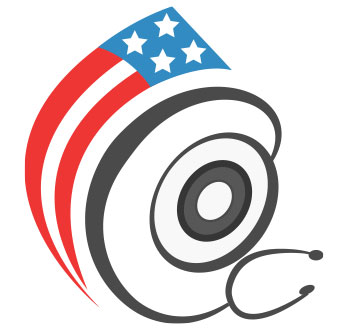How birth control pills can help control menstruation.
Most women live comfortably with monthly menstruation and appreciate the predictability of the cycle. A monthly cycle will often reassure women that their bodies are working as they should. But for many, menstruation can be painful, incapacitating, and an annoyance that can disrupt daily activities.
One way of taking control is menstrual manipulation, this refers to changing the way birth control pills are taken to delay or stop menstruation. For women who are able to take oral contraceptives, this is good news.
Often women will take the traditional combination oral contraceptive consisting of 21 pills of estrogen and progestin, followed by 7 days of inactive pills (placebos)- with bleeding occurring in the placebo week. By taking the birth control pills continuously for six, nine, or 12 weeks and following with a week of inactive pills, periods are delayed to week seven, 10, or 13 respectively. Taking active birth control pills continuously will stop menstruation altogether.
Is it wrong to skip your period permanently?
There are no known adverse consequences of never having a period while on combination birth control pills. However, determining the long-term effects of extra hormones on women is still being researched. If continuous use leads to fewer days with periods, the real issue is how important predictability is for women.
Why are women seldom offered the choice to skip their periods?
Not all doctors accept this practice, so the issue remains debatable. Also, some women – even if they have menstruation-related problems – like to keep their natural cycle. It gives them the reassurance of not being pregnant.
What are some common side effects of birth control pills?
Limited studies have shown that extended OCs (oral contraceptives) have the same side effects as conventional OCs, such as:
- breast tenderness
- nausea
- headache
- mood changes
- leg cramps
- acne
- bloating
- weight changes
While the lower hormone content of currently prescribed birth control pills has been known to reduce the previous side effects, it has not been proven to lower the risk of blood clots. Women who are using the traditional or extended schedule should be familiar with the warning signs:
- severe abdominal pain
- chest pain
- coughing up blood
- shortness of breath
- sudden and severe headache
- eye blurring or loss of vision
- severe leg pain
If side effects persist or worsen, consult your physician.






